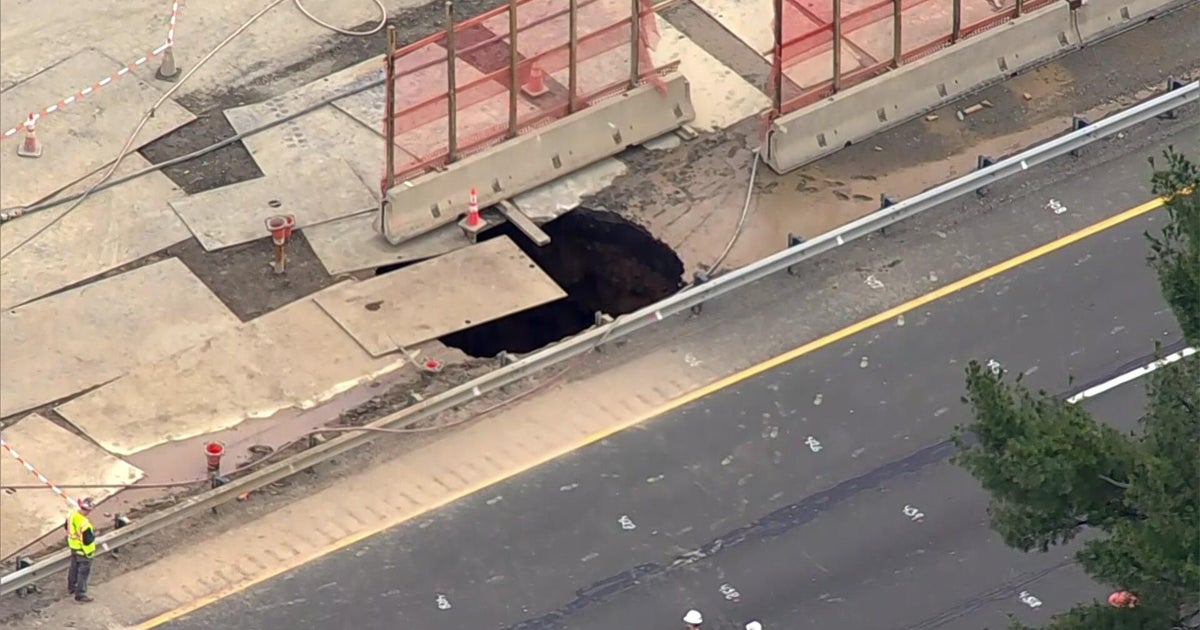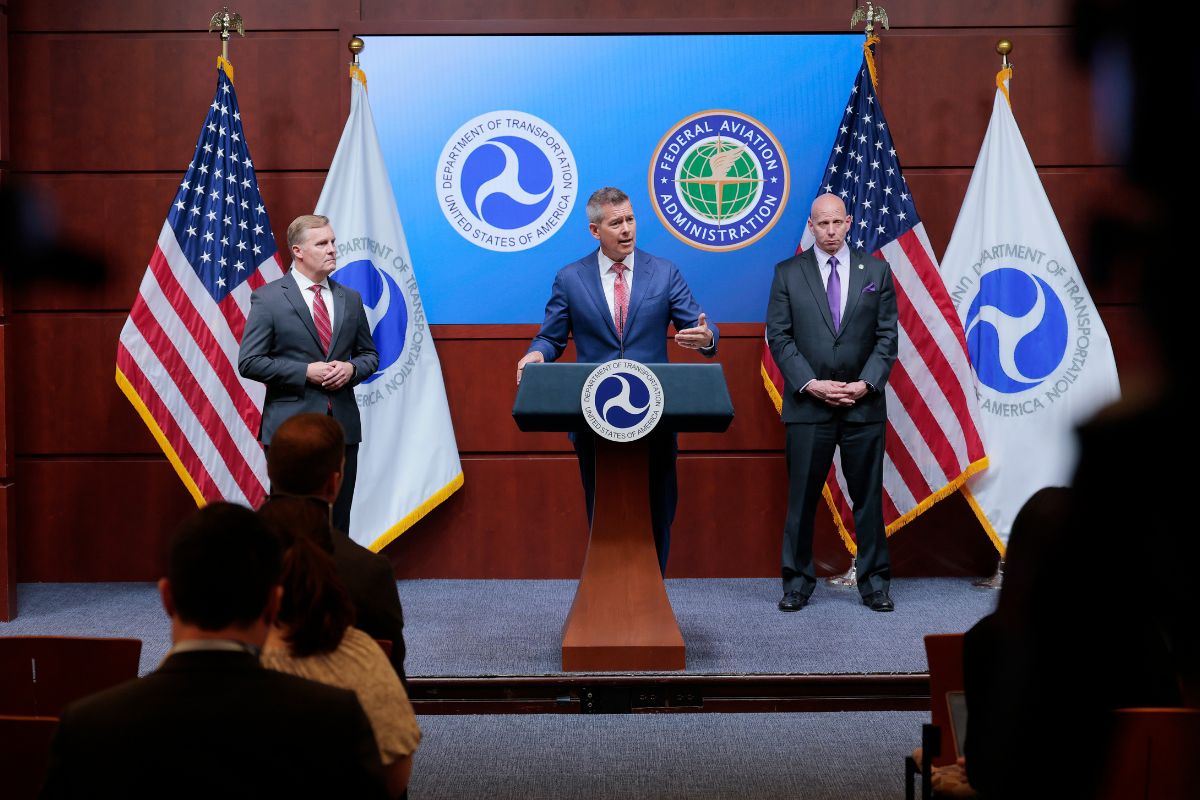Southwest Escapes More Than Two Million USD Fine as Delays Continue to Haunt Travelers, What Just Happened Will Leave You Speechless - Travel And Tour World
Monday, May 19, 2025

Southwest escapes more than two million USD fine, and the timing couldn’t be more shocking. As delays continue to haunt travelers, the government just let the airline walk away from accountability. And what just happened will leave you speechless—not just because of the legal twist, but because of what it signals for the future of flying in America.
The Department of Transportation had built a strong case. They accused Southwest of operating flights that were chronically delayed, month after month. Passengers suffered. Plans were ruined. Yet somehow, Southwest escapes the penalty—more than two million USD—without a settlement, explanation, or apology.
Meanwhile, delays continue. At airports across the country, travelers check apps, stare at departure boards, and wait. Some miss weddings. Others miss work. And still, airlines face little consequence.
What just happened isn’t just bureaucratic. It’s personal. It tells the flying public that patterns of delay might not matter—not in the eyes of regulators. It sends a message that Southwest escapes the same rules others have paid millions for violating.
And as delays continue to haunt travelers, the anger grows. Trust erodes. Expectations fall.
This was supposed to be a step toward better service. Instead, it feels like a step backward.
So yes, what just happened will leave you speechless—and for good reason. Because it wasn’t just a fine. It was a chance to stand up for travelers. And now, that chance has vanished into thin air.
The Trump administration has unexpectedly dropped a major $2.1 million lawsuit against Southwest Airlines over its pattern of chronically delayed flights, leaving air travelers and industry observers stunned.
Filed in January 2025 by the in a San Francisco court, the lawsuit accused the Dallas-based carrier of running multiple routes that consistently arrived more than 30 minutes late for months at a time. These weren’t rare occurrences—they were documented patterns that affected thousands of flyers.
But just as the case seemed poised to become a landmark in air travel accountability, the DOT quietly pulled the plug.
The lawsuit cited specific flights like , which arrived late 19 out of 25 times in April 2022, and , delayed on 19 of 26 trips in June 2022.
The DOT had argued this was more than bad luck—it was , with Southwest knowingly selling passengers a timeline they rarely met.
The move to drop the lawsuit leaves a void. There was no public settlement. No formal apology. Just silence.
The dismissal sends a mixed message. On one hand, it lifts immediate financial pressure from Southwest. But on the other, it clouds the federal government’s stance on .
As of late 2024, the DOT had taken a stronger line on consumer protections, proposing new rules that could mirror , where passengers would be owed over $600 for certain airline-controlled delays.
But the abrupt case dismissal under the new signals a possible pivot—one that may favor airlines over flyers.
The timing matters. Airlines, already lobbying hard against stricter penalty proposals, may now feel emboldened.
Industry insiders worry that without clear enforcement, airlines could revert to padded schedules and overbooked routes without fear of repercussions.
Passengers, meanwhile, are left wondering:
Southwest, for its part, maintained that it had without prior violations under the DOT’s chronically delayed policy.
In 2024, the airline achieved a 99% completion rate, ranking highest in flights not canceled. Yet its was only , placing it fifth behind (83.5%) and others.
Still fresh in the public’s mind is the Southwest faced for its catastrophic . That incident grounded flights nationwide and stranded families over Christmas.
This lawsuit, though smaller in monetary value, carried significant symbolic weight. Dropping it without resolution only heightens frustration.
With the case gone, travelers lose more than just a potential legal precedent—they lose clarity.
For millions who depend on , especially from budget carriers like Southwest, this moment feels like a setback.
It raises concern about whether future violations will be addressed or quietly dismissed. If delays become normalized, what incentive do airlines have to improve?
Airline consumer advocates view the lawsuit’s end as a missed opportunity to establish firmer standards.
While other carriers like and settled similar complaints—paying $2 million and $650,000 respectively—Southwest walks away without financial penalty or a public commitment to improve.
This signals a broader . The Trump administration may be leaning away from consumer-first policies and toward a that gives airlines more flexibility—but at what cost?
For an industry still recovering from COVID-19 disruptions, and with summer 2025 travel surging, consumer confidence is everything.
Trust in airlines hinges not just on safety and price, but on , and .
This decision undermines those principles. It tells passengers that chronic delays might not matter—not to the system, at least.
The aviation sector is watching closely. If the DOT softens its enforcement, airlines may delay addressing scheduling flaws, ground staff shortages, or operational inconsistencies.
Meanwhile, lawmakers advocating for stricter compensation laws will likely renew efforts to protect passengers—especially in election season.
And passengers themselves? They’re growing louder, turning to social media and class-action routes to demand accountability.
While the Trump administration’s decision to drop the Southwest lawsuit closes one chapter, it opens a much bigger conversation.
Are travelers being heard? Are airlines being held accountable? And will future delays face consequences—or silence?
Summer 2025 may reveal the answers. Until then, the skies remain uncertain—for carriers and customers alike.
Tags: baltimore, Chicago, Cleveland, Dallas, Houston, Los Angeles, Miami, New York, Oakland, Phoenix, San Francisco, southwest, United States, Washington D.C.












